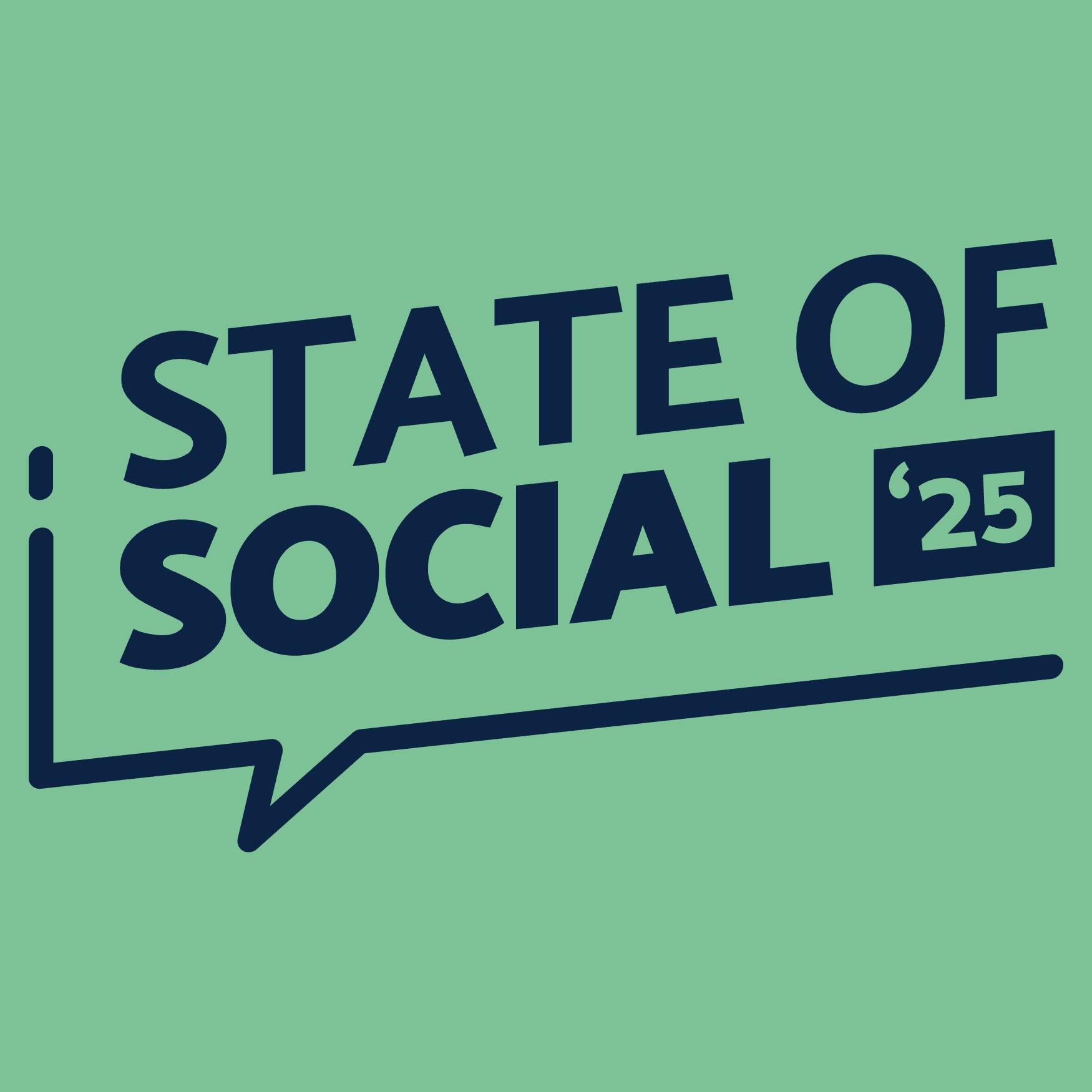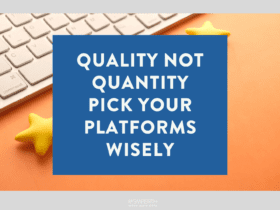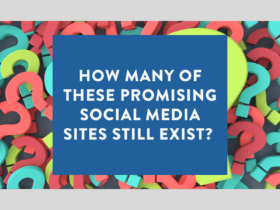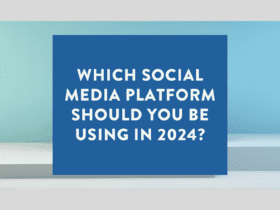Because everyone loves a bargain.
If you’re not using coupon marketing, you’re missing out on an ample opportunity.
These days, when shopping online, it seems that consumers don’t expect to pay full price for goods and services.
They’re savvy shoppers, and they LOVE a deal.
It’s a positive and reassuring feeling for consumers when they complete a transaction with some discount or incentive.
But coupon marketing isn’t anything new. This type of marketing has been in existence since Coca Cola’s owner, Asa Candler, placed a coupon in an 1887 newspaper that resulted in 8,500,000 free drinks given away to one in nine Americans until 1913.
While consumer behaviour has evolved since 1887, one thing remains the same, their love of coupons.
However, technological development has meant coupons are now distributed online, with approximately 31 billion digital coupons redeemed worldwide in 2019.
Digital coupon marketing is successful because it’s fast, easy to implement, eye-catching and extremely tempting with global estimates that by 2025, the percentage of people using digital coupons will increase by more than half to 56.5%.
Read on for the ultimate guide to coupon marketing in today’s digital world.
What is coupon marketing?
Coupon marketing uses coupon codes, vouchers, offers and discounts to attract and retain consumers. It is a marketing strategy that plays directly into the customer’s interest in saving money on purchases.
Compared to physical coupons, digital coupons are incredibly easy to send (via email marketing, text messages, paid social media advertisements) and do not require printing, insertion and distribution costs that physical coupons do.
What types of digital coupons are there?
- Downloadable coupons
- Mobile coupons
- Promo codes
- Automatic discounts
What are the benefits of coupon marketing?
Entices first-time customers
It’s not easy obtaining new customers, so it is a widespread tactic to provide coupons with enticing offers for first-time customers. Consumer behaviour studies have found that 80% of customers are more willing to buy from a new brand if a discount is offered.
Once the consumer has made a purchase, there is a high possibility they will sign up to your email newsletter, and your business will stay at the forefront of their mind.
Move less-popular items
Have some items that aren’t selling or are on the way to expire? You can bundle a less-popular thing with a popular thing by using a coupon, which makes the latter more attractive and gets rid of unwanted inventory at the same time.
Brand loyalty
Coupons can instil brand loyalty to your existing customer base. Consumers respond to brands that reach out and reward them with coupons; this positive association is also likely to increase the likelihood of referring the brand to friends and family.
Increase per-sale averages
When a discount or offer is involved, consumers may actually spend more than they would have without one. For example, many retailers offer coupons that only activate for purchases over a specific dollar amount.
According to Kelton, 48% of consumers say they’re more likely to make a purchase sooner than usual if there is an offer.
Stay competitive
Coupons are a great way to make your business more attractive to consumers than your competitors.
What do I need to consider when offering coupons?
Brand reputation
It’s essential to have a long-term strategy with couponing. As couponing is relatively quick to action, many companies get tempted to implement when they’re not meeting their monthly targets. However, excessive discounting is likely to damage your brand’s reputation. Your target audience will view your company as cheap, not luxurious and money-hungry.
Delaying sales
By implementing coupons regularly, you train your audience to always wait for a better deal. As coupons are a marketing expense, they are not a sustainable strategy, so there needs to be strategic thought in the approach.
The costs
Before running an offer, you need to understand profit margins and the potential of incurring losses. Consider the cost of materials, cost of production and overhead expenses. If it doesn’t make financial sense, you might have to take a different approach.
Price-driven shoppers
Coupons are likely to generate interest from price-conscious shoppers that might not necessarily fall into your desired audience. For 89% of consumers, price is the main factor affecting purchasing decisions. If consumers are shopping based on price alone, it can lead to fewer repeat sales and increased acquisition costs.
High abandoned cart rate
Many customers land on the checkout page only to hunt for a coupon online. Hawk Incentives revealed that 97% of customers search for deals when shopping. If the consumer doesn’t find the desired coupon, they might abandon their cart or find the product cheaper on another website.
What are important tips for coupon marketing?
- Pick the right product to discount
- Target the right customers
- Set an expiration date
- Personalise your coupons
- Create a sense of urgency
- Develop a strategy to keep new customers
- Keep track of coupons
Coupon marketing is an extremely attractive way to increase sales, brand loyalty and entice first-time customers who are more willing to try a new product or service at a discounted rate.
However, relying on coupons alone to grow your business isn’t viable as it is an unsustainable strategy. Coupon marketing works best when in combination with other marketing tactics.
It’s critical to understand your ideal customer and their expectations, so your coupon marketing efforts get noticed and convert more customers.









LET’S CONNECT